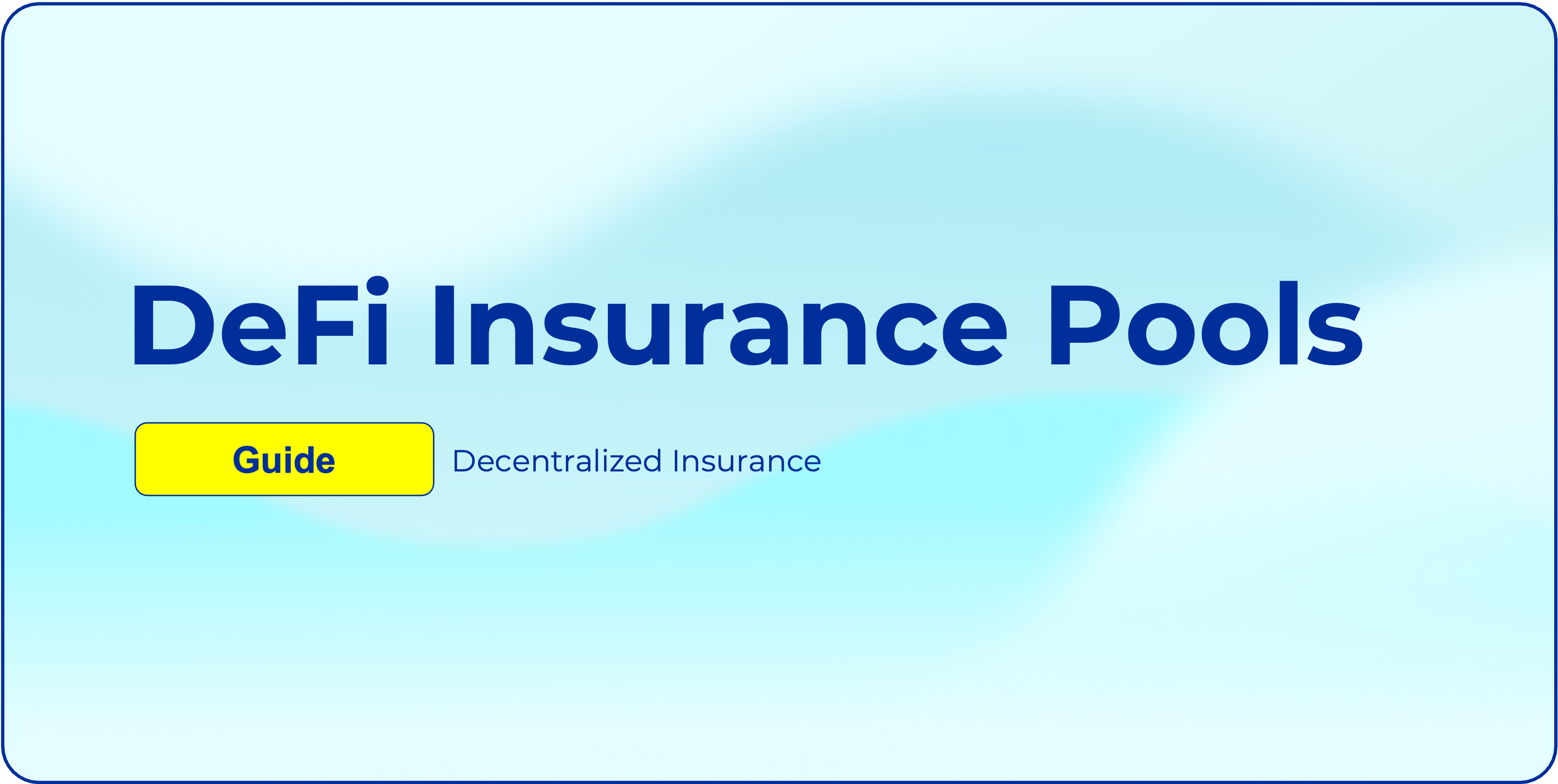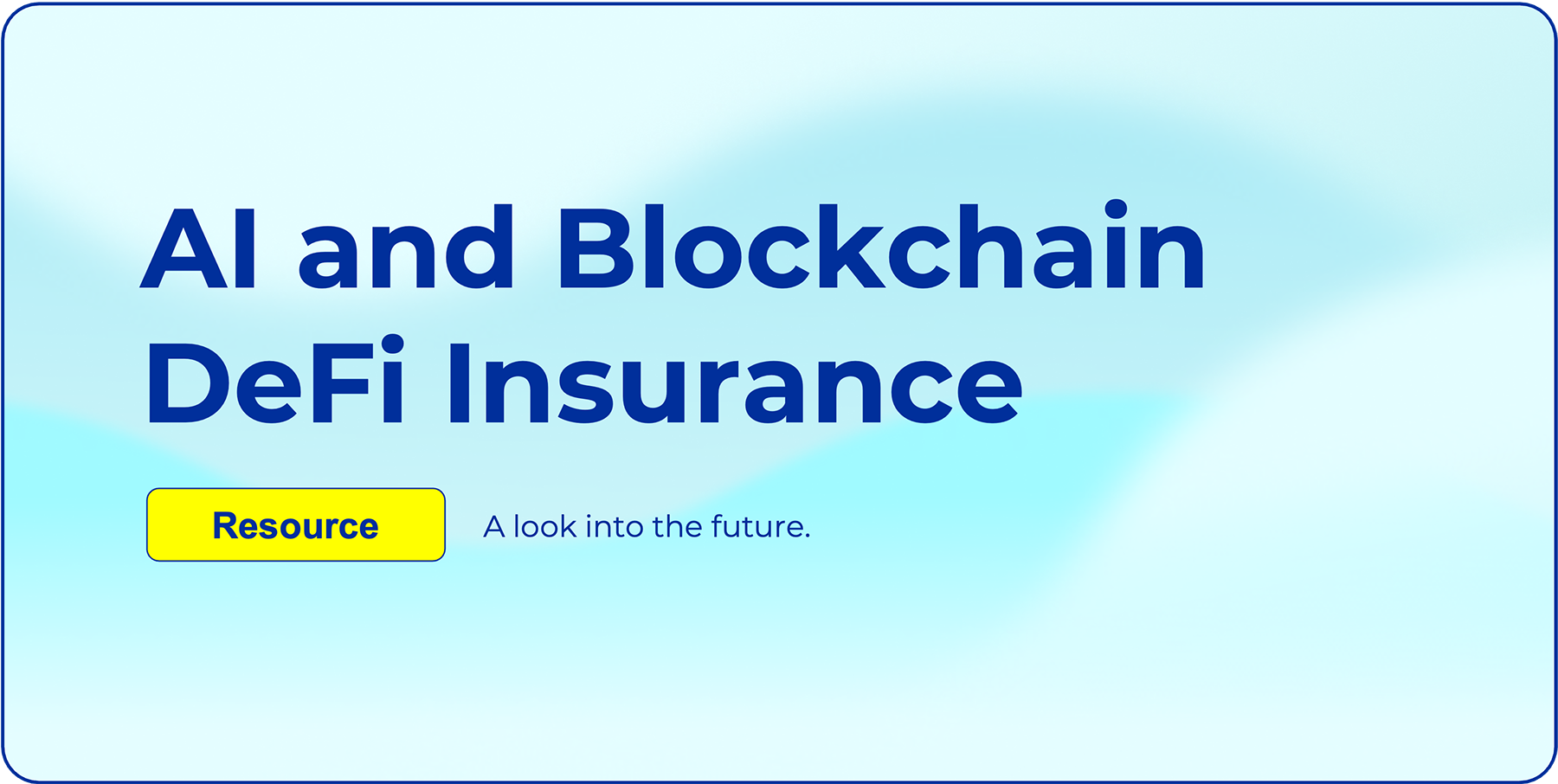Decentralized Finance (DeFi) Insurance Pools
In this article you will find information about DeFi Insurance Pools. However, if you don’t find what you are looking for, please feel free to contact us today with any questions and we will be happy to help.
Introduction
Decentralized Finance (DeFi) is revolutionizing the cryptocurrency sector, opening new avenues and opportunities for both investors and developers. But as with any new technology, it brings its own set of vulnerabilities – smart contract glitches, hacking, and more. Here, we delve into how DeFi insurance pools can offer a protective layer against these threats.
DeFi Insurance Pools: An Overview
- Protocol-Specific Insurance Pools:
- Purpose: Offer protection against losses stemming from smart contract flaws in specific DeFi platforms.
- Operation: Gather premiums from users to create a financial safety net. In case of a valid loss, affected users can tap into this fund for compensation.
- Aggregator Insurance Pools:
- Purpose: Serve as a conduit for DeFi insurance by amassing coverage from multiple protocols and providers.
- Advantages: Greater range of protection, encompassing a myriad of DeFi platforms under a single insurance umbrella. They distribute risk more evenly and ensure adequate funds to settle claims.
- Undercollateralized Insurance Pools:
- Distinctive Feature: Do not mandate collateral. They depend on risk assessment models or fluctuating pricing for premium calculation.
- Benefit: Protects against losses that outstrip the collateral in the pool, without freezing funds as collateral.
- Peer-to-Peer (P2P) Insurance Pools:
- Purpose: Allows users to customize insurance contracts based on their specific requirements.
- Operation: Directly connects users, enabling them to draft and underwrite contracts without intermediaries, granting enhanced adaptability for individual insurance needs.
- Parametric Insurance Pools:
- Characteristic: Claims are autonomously activated by predetermined events, ensuring faster and more streamlined insurance payouts.
- Advantage: By sidestepping extended claims evaluations, they offer a more efficient, automated alternative to traditional insurance models.
Choosing the Right Insurance Pool
Before venturing into DeFi insurance pools, investors should assess the terms, conditions, and credibility of each pool. Given that each pool’s operational blueprint might differ based on its service provider or platform, thorough research is imperative for an informed decision.
With Tidal Finance you can create your own insurance pools and policies with flexible durations, premiums, and payout conditions.
The Underpinnings of DeFi: Liquidity Pools
Liquidity pools, crucial to the DeFi ecosystem, serve as foundational technologies. They underpin automated market makers (AMMs), borrow-lend protocols, yield farming, on-chain insurance, and much more.
In essence, a liquidity pool is a consolidated fund reservoir. Users, or liquidity providers, contribute equal values of two tokens to these pools, establishing a market. In return, they gain trading fees in proportion to their liquidity share. Notable platforms leveraging these pools include Uniswap, SushiSwap, Curve on Ethereum, and PancakeSwap and BakerySwap on BNB Chain.
However, the distinction between liquidity pools and conventional order books is paramount. While order books centralize trades and have an efficient exchange mechanism, the on-chain execution of trades in DeFi, sans a centralized intermediary, presents challenges, especially on platforms like Ethereum. Automated market makers (AMMs) have, however, recalibrated this space, obviating the need for an order book and enabling on-chain trading.
Applications of Liquidity Pools
Beyond AMMs, liquidity pools find usage in:
- Yield farming or liquidity mining.
- Governance initiatives where pooled funds can advocate for a shared cause.
- Insuring against smart contract vulnerabilities.
- Tranching – segmenting financial products as per risks and returns.
- Minting synthetic assets on blockchains.
Navigating the Risks
Liquidity pools are not devoid of risks. Impermanent loss can erode the dollar value compared to simply holding assets. Smart contract vulnerabilities can compromise funds in a liquidity pool. It’s essential to be informed and cautious, especially with projects that might allow developers to alter the pool’s governing rules.
Conclusion
Liquidity pools, central to the DeFi realm, are redefining decentralized trading, lending, and yield generation. As DeFi continues its upward trajectory, these smart contracts, with their expansive applications, are set to remain at its heart.








